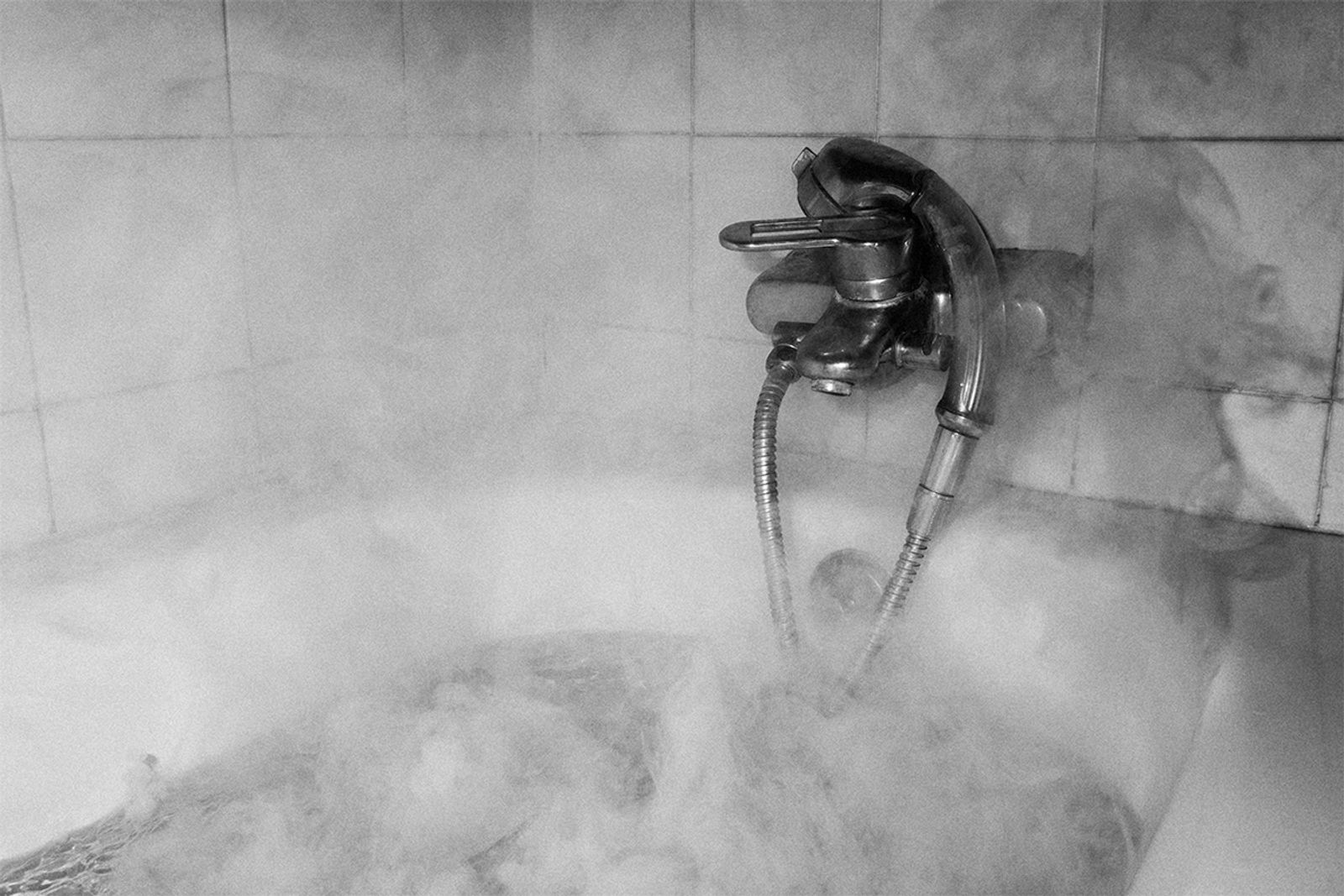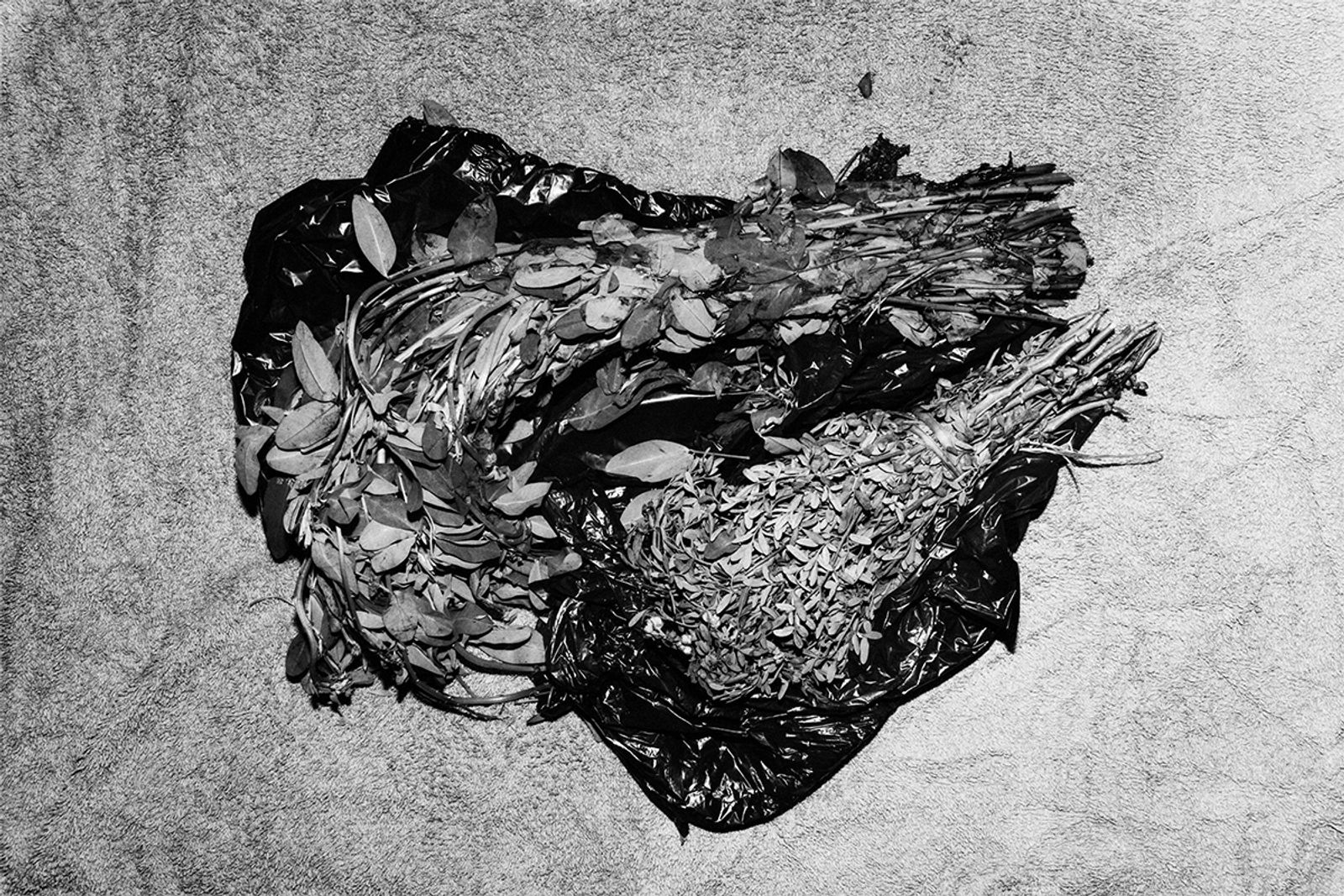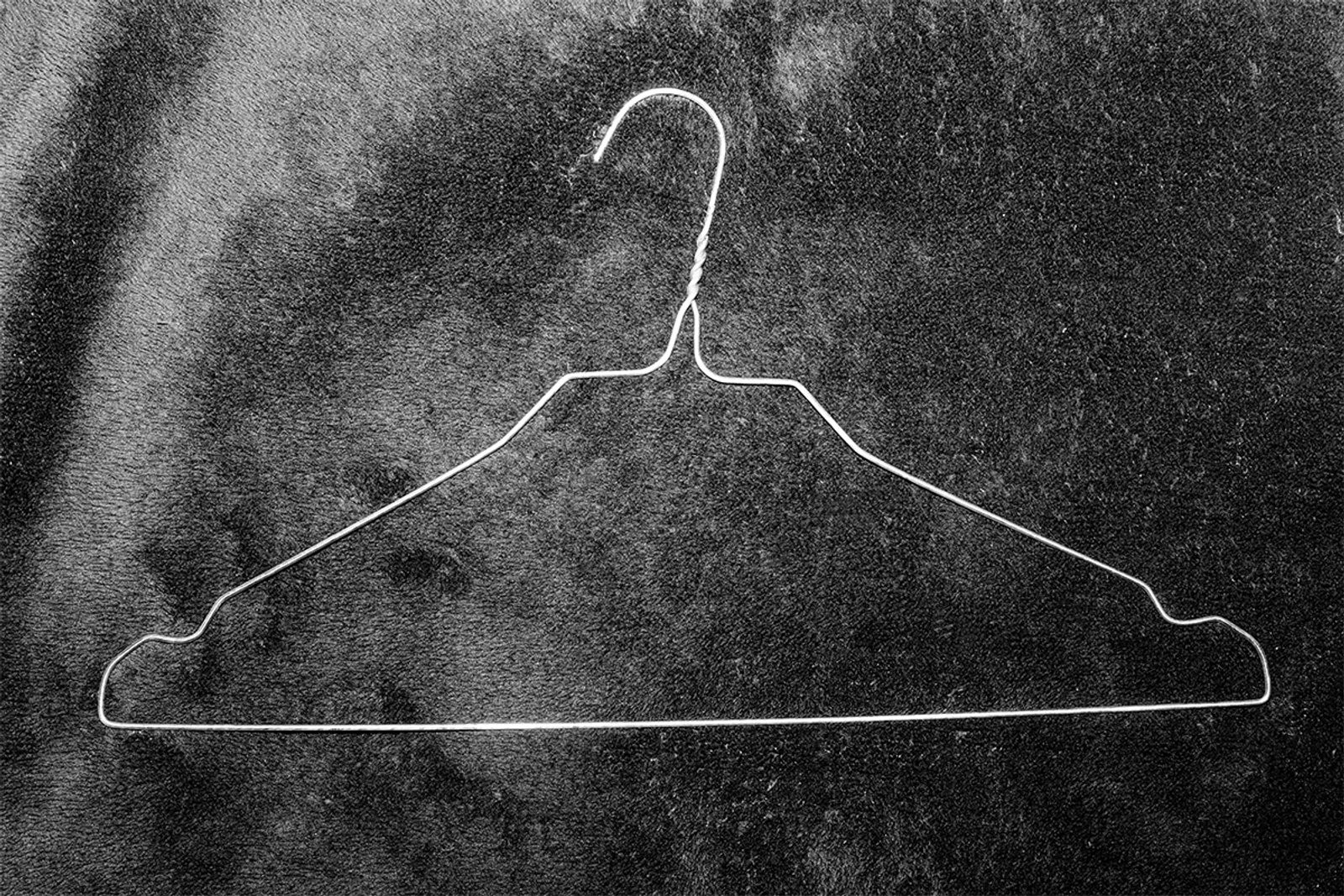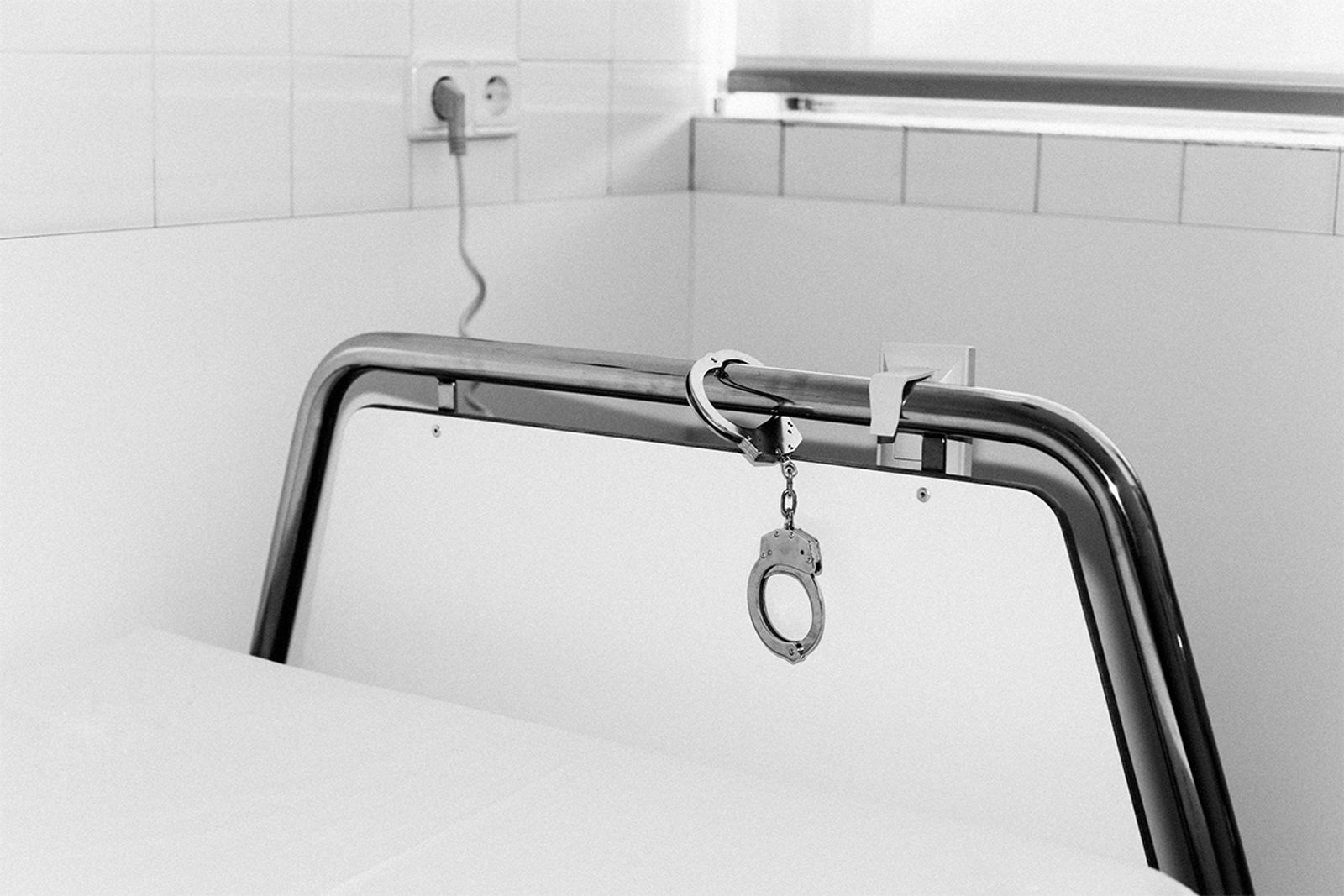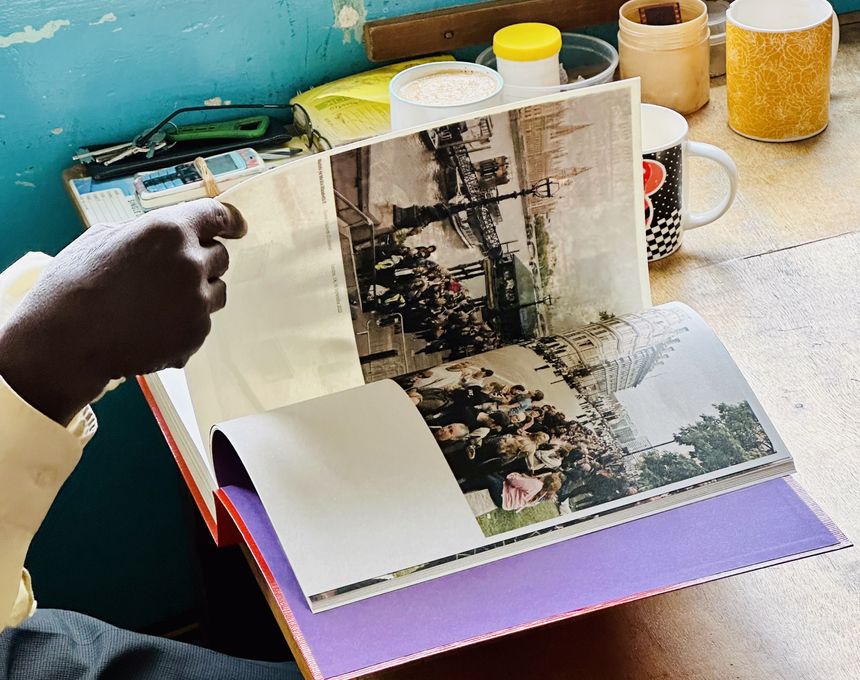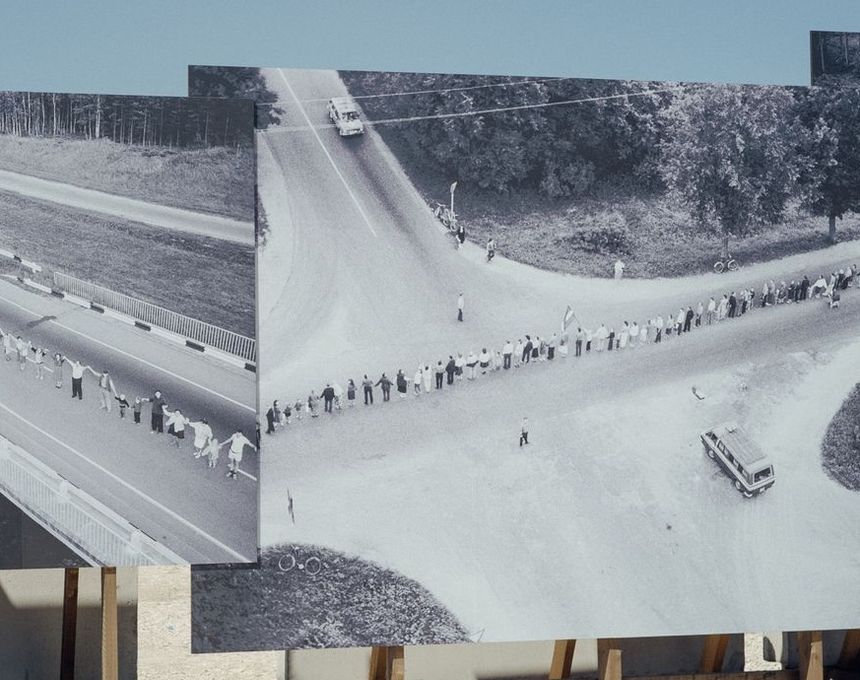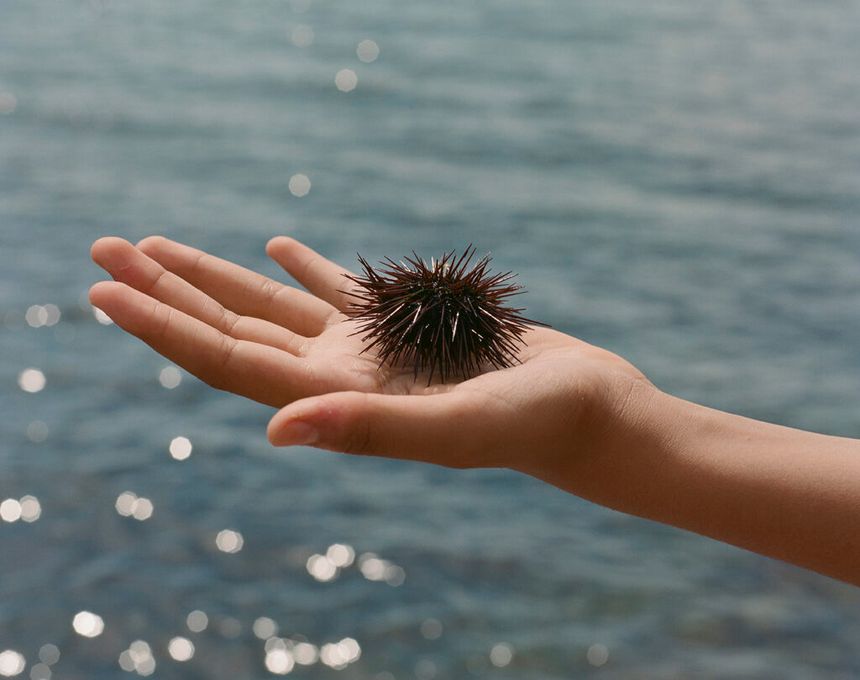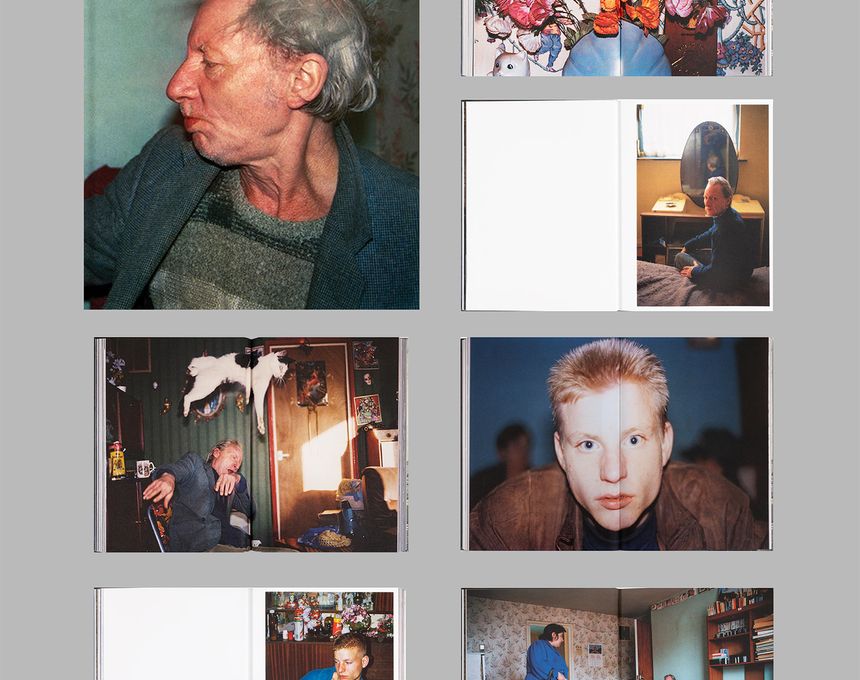Cruelty, Control, and Misogyny
-
Published26 Jun 2018
-
Author
In her latest book, On Abortion, Laia Abril lays out the history of women’s fertility and how it has been regulated, controlled, and sacrificed at the hands of political, religious and economic power.
In her latest book, On Abortion, Laia Abril lays out the history of women’s fertility and how it has been regulated, controlled, and sacrificed at the hands of political, religious and economic power.
A History of Misogyny: Chapter One. That’s the title of Laia Abril’s latest book and it’s an important one. On the cover of the book On Abortion is erased with a black pen. Scrawled below in pencil is the subheading, ‘And the Repercussions of Lack of Access’.
Flick to the back pages and the very direct and transparent description of the book begins: ‘Every year 47,000 women around the world die due to botched illegal abortions.’
And that’s what the book’s about; the control of fertility, the control of women’s bodies, and the death, suffering and misery that results because of it. It’s a book that’s about something, a book that advocates and is part of a wider body of work on misogyny that Abril is making over a longer period of time.
It’s a book of substance then, and the substance starts with the cover and the endpapers. These feature old newspaper advertisements that feature pills, medicines, and treatments that promise to deal with “the cure of all cases where nature has been stopped in its effects.” It’s a double page spread of synonyms for pregnancy and abortion; “Irregularity, diseases peculiar to females, the most obstinate cases, diseases lurking in the system, cases where nature has stopped,” is some of the language used.
These advertisements are from maybe a hundred years ago. Flip to the back endpapers and you’ll get the contemporary equivalent from Brazil (where abortion is still illegal); a grid of adverts promising to regulate menstruation and cure your “atraso menstrual” (menstrual delay).
Right from the start then, Abril lays out the case for safe, legal abortions. The history of birth control, the ways in which governments and organisations of male power have controlled women’s bodies through making both abortion and birth control either illegal or inaccessible.
There are images of different forms of abortion such as the knitting needle procedure. A sense of the desperation of the women who sought out, who still seek out, these procedures comes through. And there in counterpoint the human approach given by those who seek to provide abortions with solace and comfort to women who find themselves pregnant in the most difficult of circumstances.
Medical tools are shown in an “illegal instrument kit”. It’s brutal as are the other tools shown; an East German washing machine, or the twigs used by African women to pierce the amniotic sac, or the rocks used to induce a miscarriage.
There are testimonies from women travelling abroad to secure a safer abortion; from Poland, from Ireland, from Brazil. The decision is never easy, the situations are rarely clear cut and embedded within these statements are personal stories that are often too painful to share; rape, disease, abuse, unhappy relationships.
Alternative remedies are featured including “shock” abortion methods that include having your teeth pulled out without anaesthetic and being bitten by a dog. There are clothes hangers, rat poison, boiling baths and women sleeping in the snow.
But control of women’s fertility is not one-way traffic, so as well as telling the stories of some of the thousands who have died in illegal abortions, Abril also tells the stories of forced abortions in China and Colombia. As well as this there is the anti-abortion terrorism and intimidation from the United States, there are women who are sacrificed for their foetuses, women who are jailed, a wanton cruelty that is a by-product of the misogyny of the title. Beneath the surface, operating as a constant subtext is the idea that none of this pain, suffering and death is necessary. It could all be avoided if women’s lives were given some importance. But they’re not.
The book ends with a transcript (at the request of the author) of a woman confessing her abortion (at 8 weeks) to a priest in Italy. She’s told to do three Hail Marys and give the child a name and remember it because it’s an Angel of the Lord. It’s played lightly but there in a nutshell is the defining idea of Laia Abril’s first chapter in her misogyny project.
This book is an example of slow photography at its finest. It’s a new form of photojournalism where, with the demise of ‘traditional’ publishing markets, the photographer creates their own project, seeks out their own funding, and makes the work that matters to them. It’s a project where image and text come together perfectly, with the intention of getting the reader’s attention and holding it. The text is economic but powerful. It’s designed to be read, to be felt, and it leads into images which provide the foundation on which the stories rest. There is no self-indulgence here, no preaching, and even the misogyny is played lightly.
But it’s there in stories where the personal, the political, the medical and the physical all meet. And though it’s a book that advocates, that believes in something, it does this quite with a gentle touch. It’s fascinating and horrifying at the same time, with a power comes from the women who tell their stories, the women who have sacrificed, and suffered, and died. That means it’s not an easy book in some ways; the suffering of women who find themselves at the end of their tether, the guilt, the shame, the agony and the loneliness are very apparent. That is what the book is questioning; why does this happen, why is this necessary, it doesn’t have to be this way.
And because of that On Abortion is an essential book, a brilliant book, a defining book.
--------------
On Abortion by Laia Abril
Published by Dewi Lewis // Designed by Ramon Pez
Hardback // 196 pages, 114 colour and duotone plates // 24.5 x 18.8 cm // £35
--------------
Laia Abril is a Spanish multidisciplinary artist working with photography, text, video and sound. Follow her on PHmuseum, Twitter, and Instagram.
Colin Pantall is a photographer, writer and lecturer based in Bath, England. His latest book, All Quiet on the Home Front, focuses on family, fatherhood and the landscape. Follow him on Twitter and Instagram.
